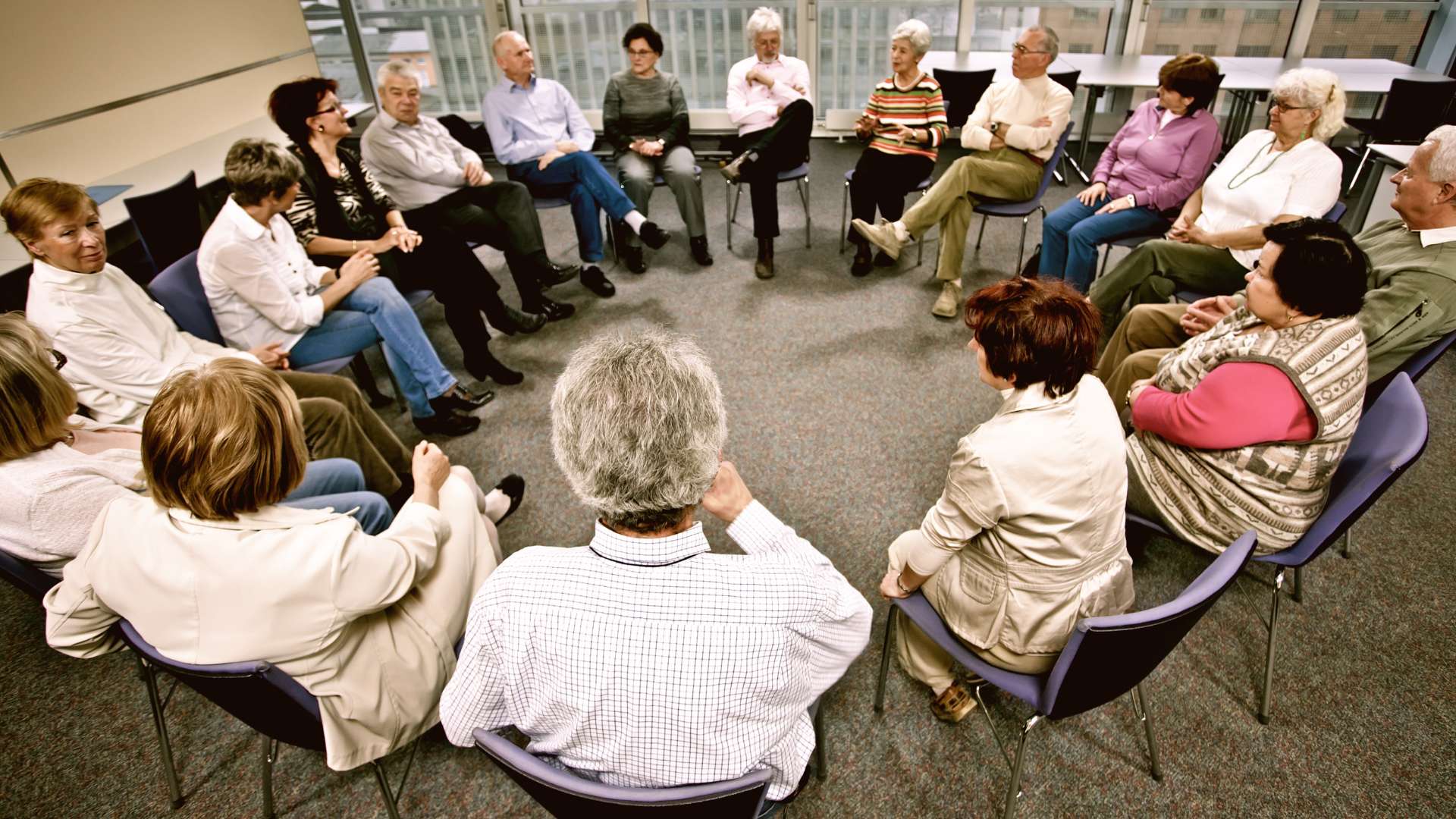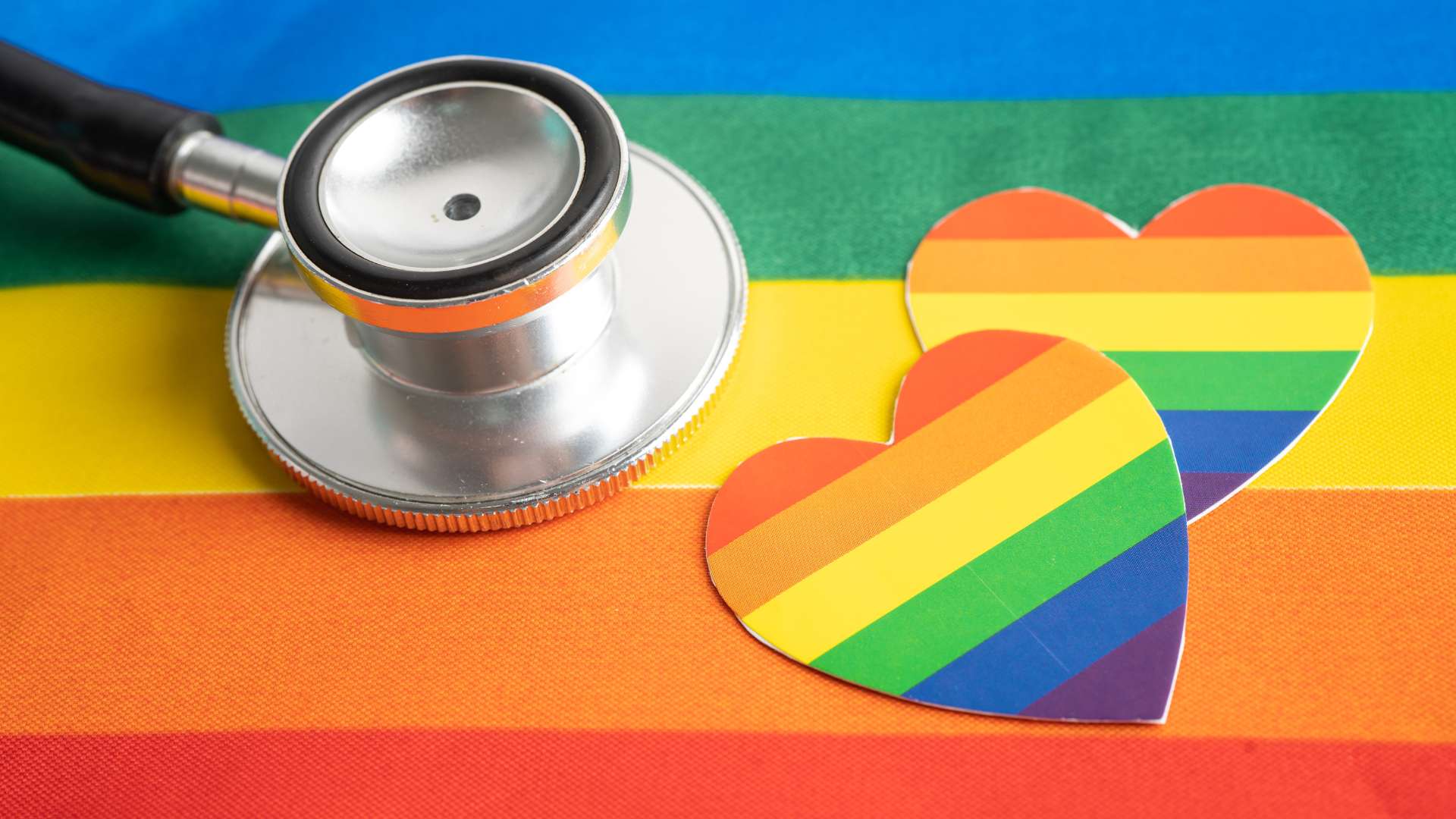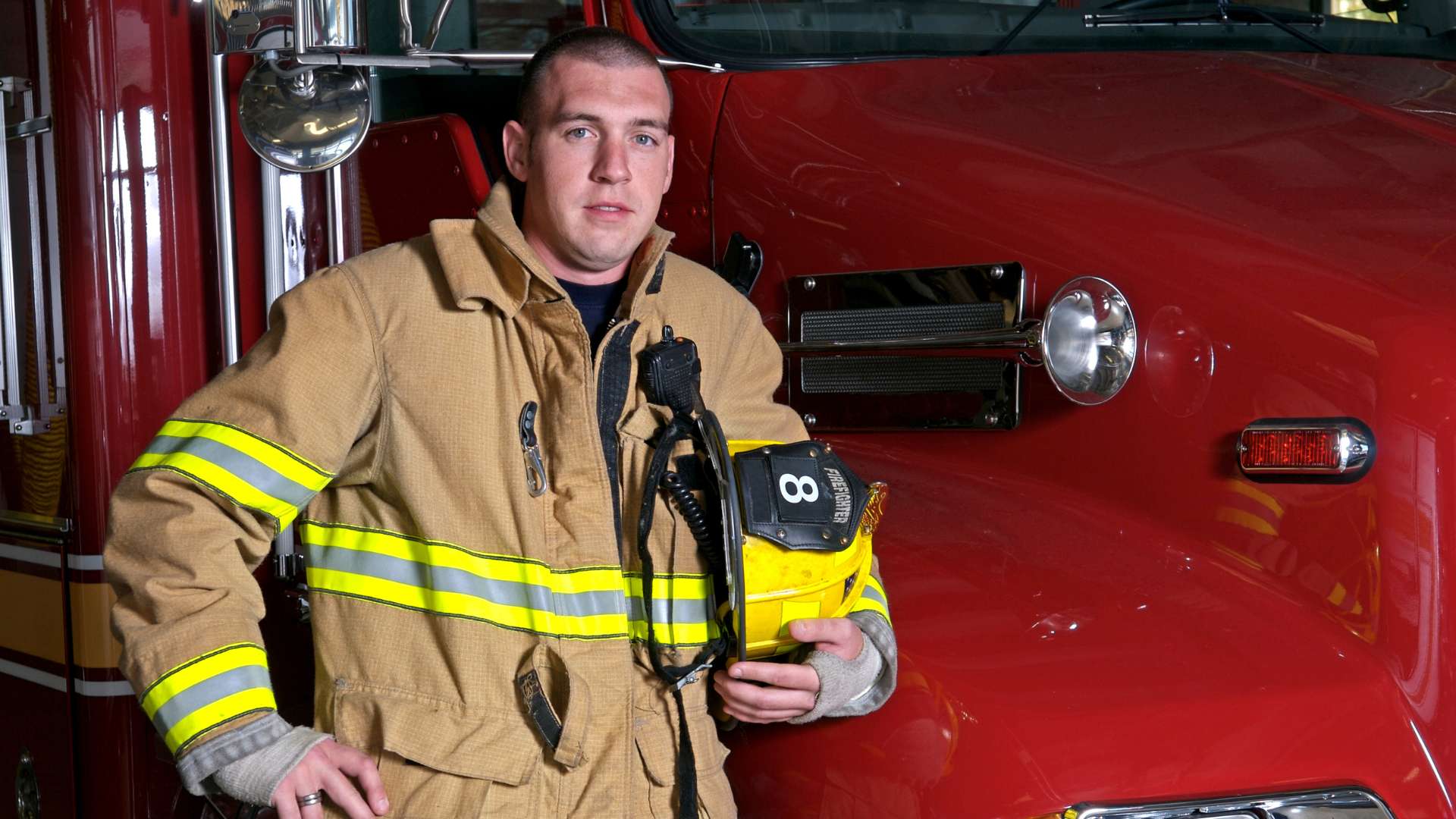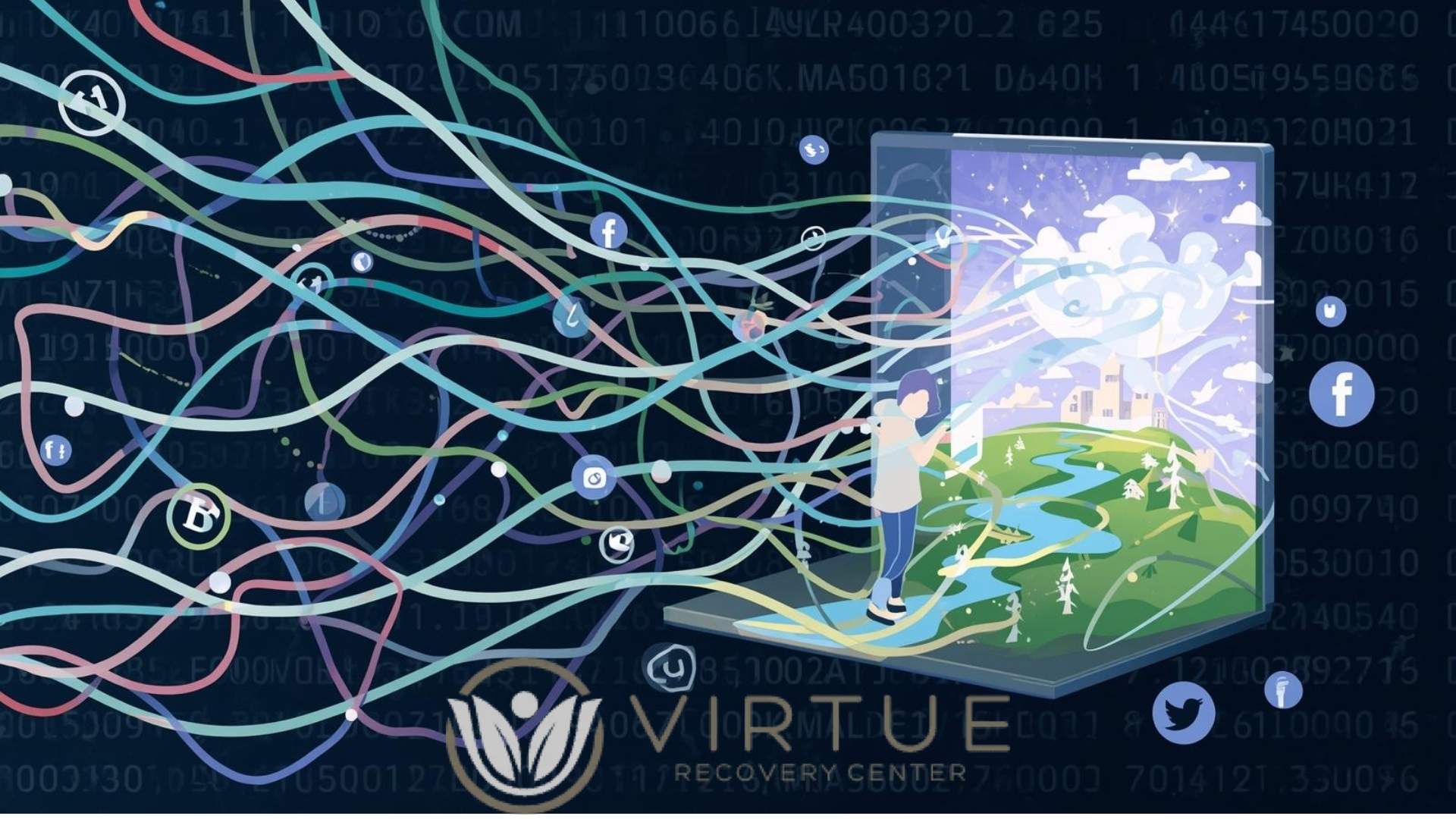Emergency responders confront distinctive mental, physical, and social challenges in their line of duty. These stressors and traumas can lead some individuals to turn to drugs or alcohol as a way of coping. Consequently, substance abuse among first responders might be more prevalent than in the general population. Nevertheless, recovery is attainable. Tailored treatment programs designed for first responders can effectively address their unique requirements.
Who Qualify as First Responders?
 As defined by the Substance Abuse and Mental Health Services Administration (SAMHSA), first responders encompass the following professionals:
As defined by the Substance Abuse and Mental Health Services Administration (SAMHSA), first responders encompass the following professionals:
- Emergency public safety officials.
- Emergency medical services (EMS) personnel, which includes paramedics, emergency medical technicians (EMTs), and emergency dispatchers.
- Firefighters.
- Law enforcement personnel, including police officers.
Mental Health Challenges Faced by First Responders
First responders encounter a multitude of unique mental health risks within their demanding roles. These challenges may encompass conditions such as post-traumatic stress disorder (PTSD), depression, fatigue, burnout (feeling profoundly drained and overwhelmed), and an elevated risk of suicide. Notably, not all individuals exposed to these risk factors will develop mental health disorders. General factors that can impact the mental well-being of first responders include:
- Challenging or hazardous work conditions.
- Confronting trauma, death, grief, injury, pain, or loss.
- Dealing with disaster situations.
- Operating in fast-paced work environments.
- Facing direct threats to personal safety.
- Enduring long or irregular working hours.
- Experiencing poor sleep patterns.
- Encountering relationship issues due to their profession.
- Being unwell or unfit for work.
- Receiving inadequate training.
- Having a personal history of trauma.
- Facing other negative experiences.
Specific factors contributing to PTSD, stress, burnout, and depression among first responders can include:
- Being on-site or close to the epicenter of an event, especially for extended periods.
- Identifying with trauma and disaster survivors.
- Lack of sufficient information during the event.
- Feeling unsafe or vulnerable.
- Supervising a large number of people.
- Dealing with severe injuries or deceased individuals.
- Experiencing physical harm or severe trauma.
- Being mental health workers.
- Excessive exposure to event coverage through television.
Post-Traumatic Stress Disorder (PTSD)
A significant risk factor for first responders developing mental health issues is the relentless pace of their work, often involving consecutive high-stress (and sometimes high-risk) incidents. This constant pressure leaves little downtime to process potentially traumatic or extremely stressful events. Studies indicate that more than 80% of first responders have encountered multiple traumatic events at work. Estimates suggest that between 10% and 15% of first responders have been diagnosed with PTSD, with some studies indicating rates as high as 30%. Symptoms of first responder PTSD include:
- Recurrent intrusive thoughts, memories, or flashbacks of the event.
- Avoidance of reminders triggering distress.
- Altered thinking, mood, and emotions, leading to memory lapses, increased negativity, reduced interest in hobbies, detachment from others, or inability to experience positive emotions.
- Heightened arousal and reactivity, such as irritability, excessive startle response, or reckless behavior.
Depression
First responders frequently contend with elevated rates of depression. Studies show that 6.8% of EMS professionals experience depression, while 24.7% of police officers after the 9/11 attacks and a substantial percentage of firefighters also struggle with depression. Symptoms of depression comprise:
- Persistent feelings of sadness or low mood.
- Loss of interest in once-enjoyed activities.
- Changes in appetite.
- Sleep disturbances.
- Fatigue or lack of energy.
- Feelings of worthlessness or guilt.
- Difficulty concentrating or making decisions.
- Suicidal thoughts or behaviors.
Burnout
Burnout affects a significant proportion of EMS workers, with dispatchers facing notably high rates. Symptoms of burnout encompass:
- Feelings of sadness, depression, or apathy.
- Easily becoming frustrated or irritable.
- Blaming others for issues.
- Indifference towards work.
- Social isolation.
- Neglecting personal hygiene and health.
- Overwhelming fatigue or exhaustion.
- Sense of failure or inadequacy.
- Resorting to alcohol or drugs as coping mechanisms.
Suicide
Suicide poses a significant risk for first responders, with research revealing alarming statistics. A study demonstrated that police officers experiencing burnout are 117% more likely to contemplate suicide compared to their non-burnout counterparts. According to the Centers for Disease Control and Prevention (CDC), law enforcement officers and firefighters face a higher likelihood of dying by suicide than in the line of duty. Additionally, EMS workers are 1.39 times more likely to die by suicide than the general public, as per CDC data. It’s crucial to note that suicides may be underreported, particularly among firefighters, raising concerns among scientists.
Substance use within the first responder community is prevalent for various reasons. First responders often engage in a culture of camaraderie, gathering at bars or parties where alcohol serves as a social lubricant. Moreover, individuals in this profession may turn to drugs or alcohol as coping mechanisms to manage stress, burnout, compassion fatigue, and trauma. Research highlights concerning patterns, indicating that 50% of male firefighters engage in heavy binge drinking or frequent heavy alcohol use. Female firefighters, too, report high rates of binge drinking compared to the general population. Police officers face similar challenges, with a significant portion admitting that alcohol negatively impacts their lives. Furthermore, a substantial percentage of these officers meet the criteria for alcohol use disorder (AUD), indicating clinical alcoholism.
The Stigma First Responders Face
First responders often grapple with the burden of perceived and real stigma, amplified by society’s perception of them as inherently strong and resilient individuals. This perception can lead many first responders to conceal their struggles or avoid seeking assistance, fearing they might appear inadequate or weak for being unable to handle the stress intrinsic to their jobs. Additionally, there’s a fear of losing workplace status if their problems are acknowledged, concerns about privacy breaches, and worries about potential negative impacts on their careers if they seek treatment. Furthermore, several barriers, including limited access to treatment, uncovered insurance costs, financial constraints, difficulty taking time off work, and lack of transportation, can make it challenging for first responders to access the help they need.
How to Help a First Responder Facing Mental Health Issues or Substance Use
Support from loved ones plays a pivotal role in assisting first responders dealing with mental health or substance use issues. Being present and lending a listening ear can be profoundly impactful. Encouraging them to prioritize self-care, including adequate rest, healthy eating, and exercise, even if it means a simple post-dinner walk, can make a difference. While suggesting they seek help is essential, it’s crucial not to pressure them. Gentle encouragement to consult a doctor or assisting in researching first responder substance abuse treatment centers can provide practical support during this challenging time.
Specialized First Responder Addiction Treatment Programs
Specialized addiction treatment programs tailored for first responders recognize the distinct challenges they face, setting them apart from the general population. First responders often contend with unique recovery hurdles due to their demanding work schedules, including shift work, long hours, physical strain, and fatigue. Traditional detox or rehab can be more complicated for them. Specialized programs specifically designed for first responders are adept at addressing these complexities while also focusing on mental health issues and substance use disorders.
Participating in these specialized programs offers a crucial advantage. Being surrounded by fellow first responders who are experiencing similar struggles can alleviate the sense of isolation. Research indicates that robust social support fosters resilience, enhancing the ability to cope with and recover from adverse events.
These specialized treatment tracks for first responders often encompass essential components. They include specialized trauma therapy, training in resilience and stress management, comprehensive treatment for co-occurring disorders (addressing both addiction and mental health conditions), and tailored group and individual therapy sessions. Virtue Recovery Center provides specialized treatment services for first responders, addressing both addiction and mental health challenges, and facilitating the healing process.
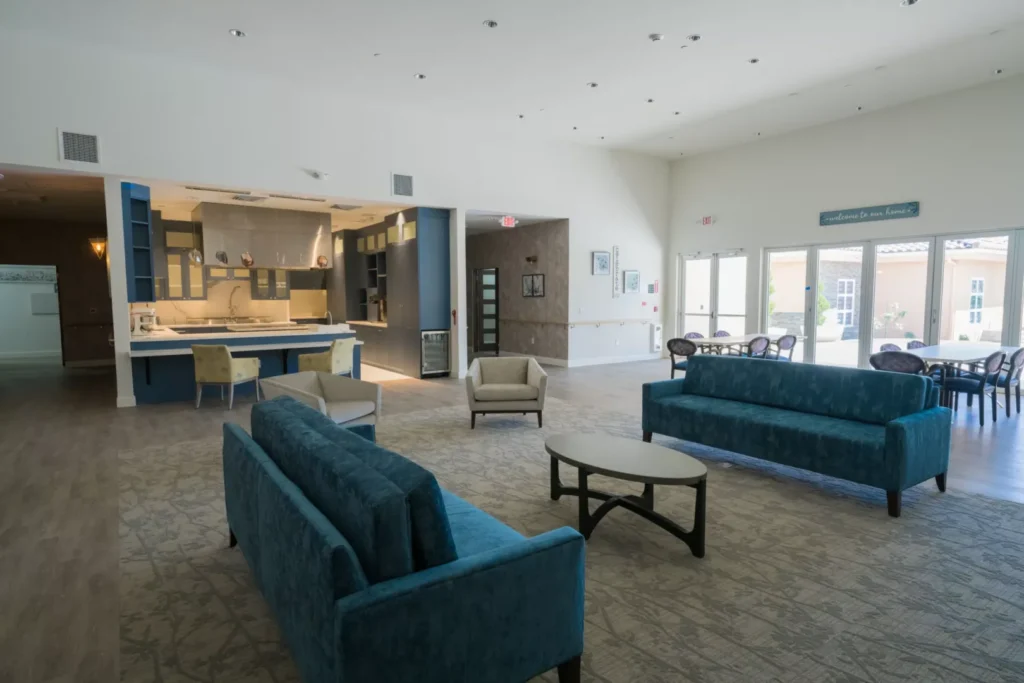
Private Suites Facility
Corbett Facility
Luxurious, private rooms for a serene, personalized recovery experience with utmost privacy.
🏢 Address: 9230 Corbett St, Las Vegas, NV 89149
🕓 Hours: Open 24 hours
Luxury Amenities
Access to high-end amenities, ensuring a comfortable stay while focusing on your health and well-being.
Personalized Care
Benefit from customized treatment plans, with one-on-one therapy sessions tailored to your unique recovery needs.
Privacy and Comfort
Enjoy the solitude of a private room, providing a peaceful environment conducive to healing and reflection.
Take a Virtual Tour of our Luxury Inpatient Las Vegas (Corbett) Facility


































Take a virtual stroll through the serene and inviting Corbett facility of Virtue Recovery Center. Discover the elegant common areas, state-of-the-art treatment rooms, and comfortable residential spaces designed with your healing in mind. Experience the tranquil outdoor areas and get a glimpse of the comprehensive wellness programs we offer, all from the comfort of your home. This virtual tour is your first step toward a journey of recovery in an environment dedicated to your comfort and well-being.
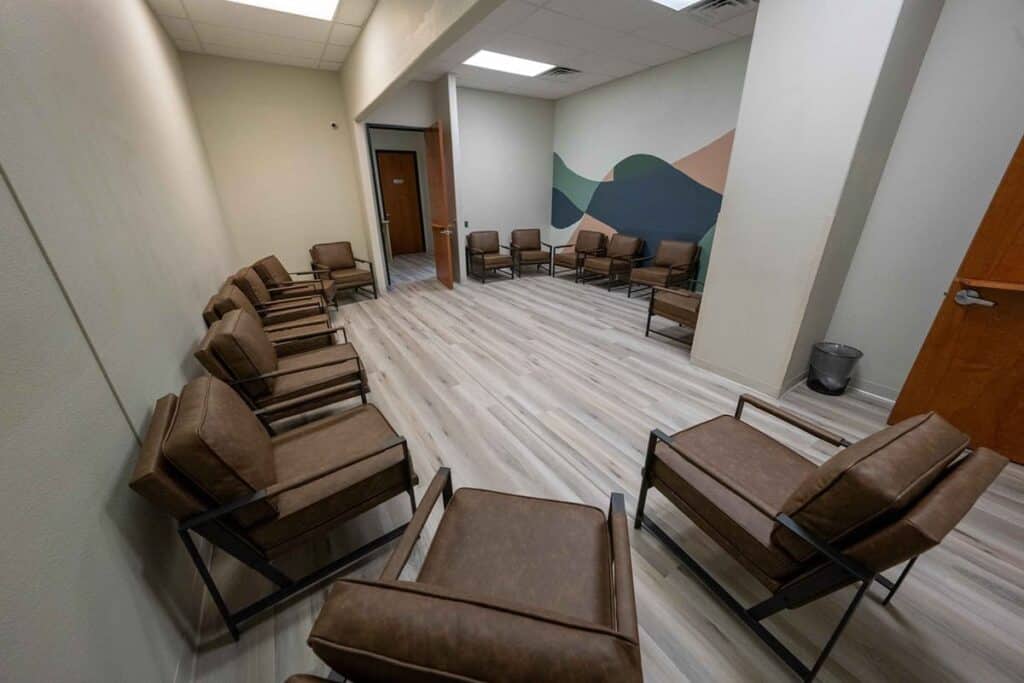
Outpatient Services Center
Montessouri Outpatient
Flexible outpatient care with daily life balance, offering structured therapy and support. Offering IOP, PHP, and aftercare with flexible hours from 8am to 8pm to suit your busy schedule.
🏢 Address: 2585 Montessouri St # 100, Las Vegas, NV 89117
🕓 Hours: Open 8am to 8pm
Flexibility
Tailor treatment to fit your schedule, allowing you to maintain work and family commitments while receiving care.
Community Connection
Stay connected to your support network at home, enhancing your recovery journey with familiar surroundings.
Continued Care
Ideal for transitioning from more intensive treatment, supporting long-term recovery with structured outpatient services.
Explore Our Outpatient Las Vegas (Montessouri) Facility




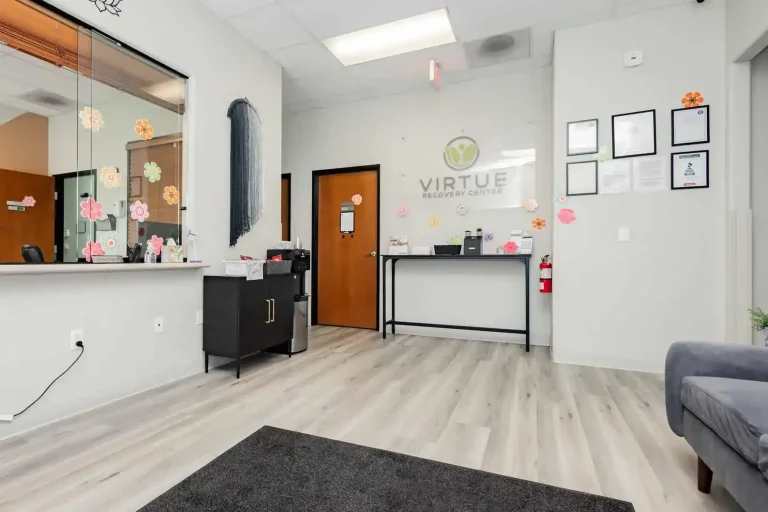

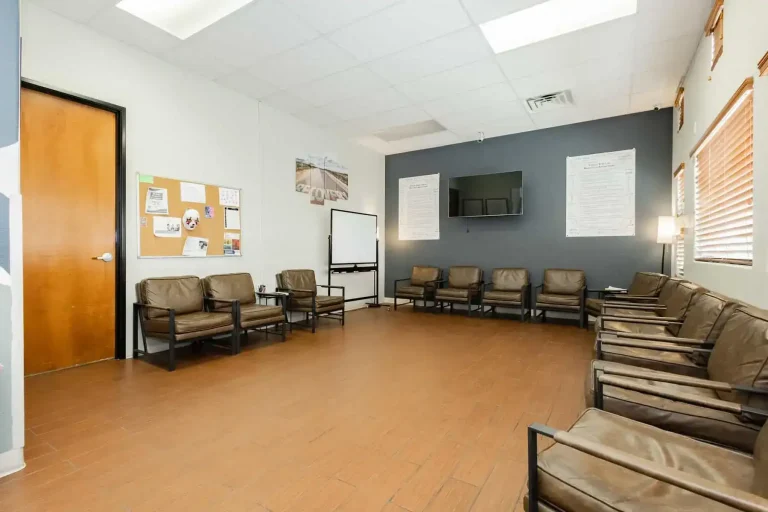

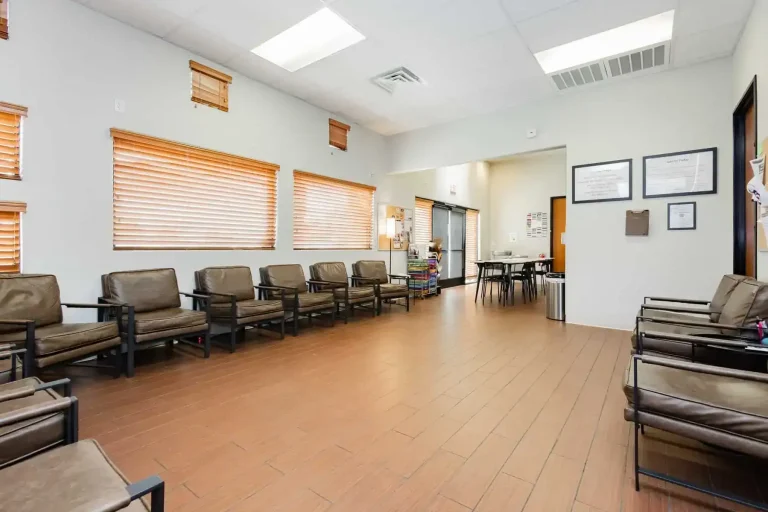
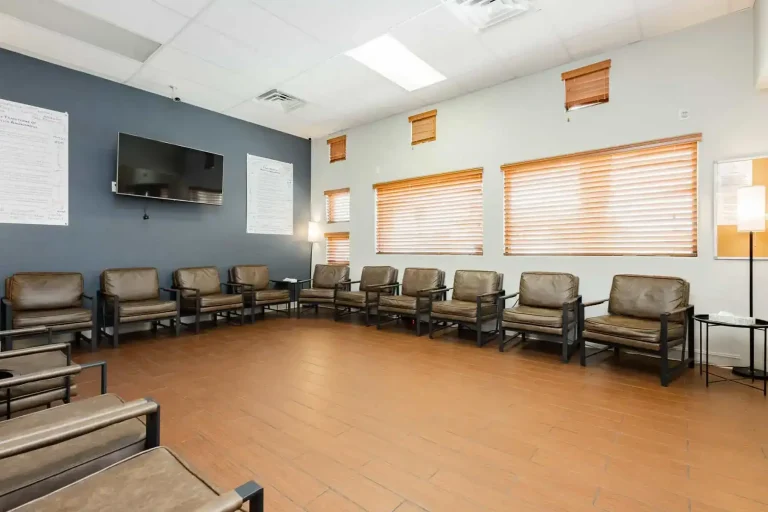










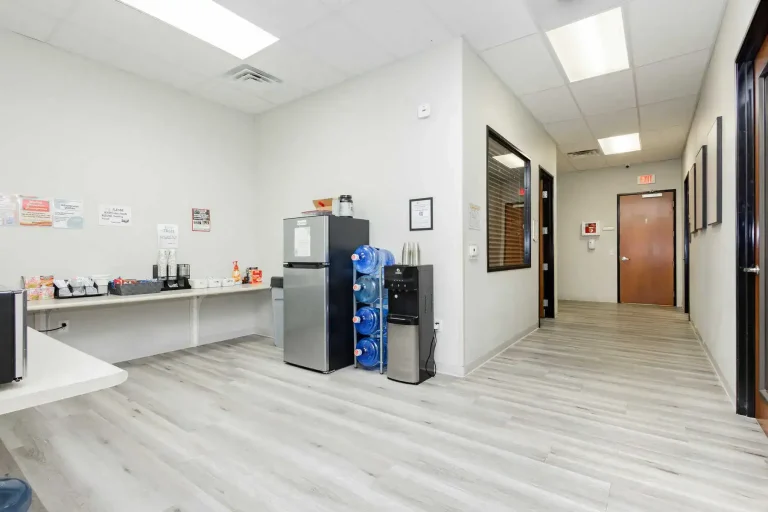
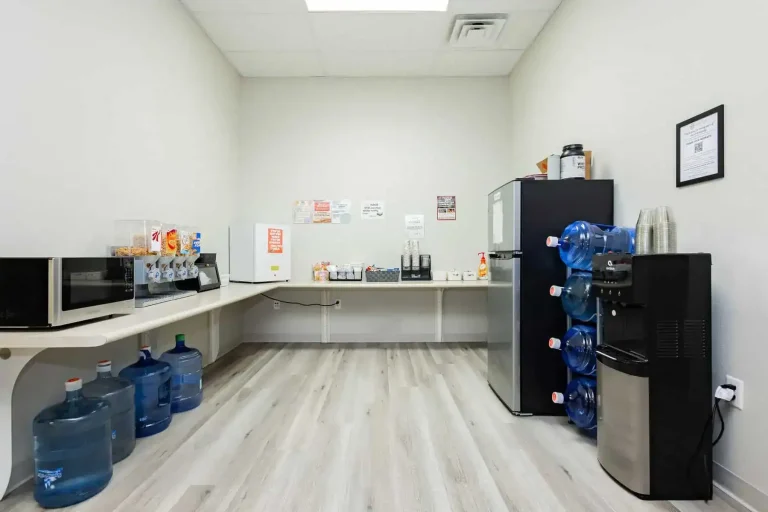
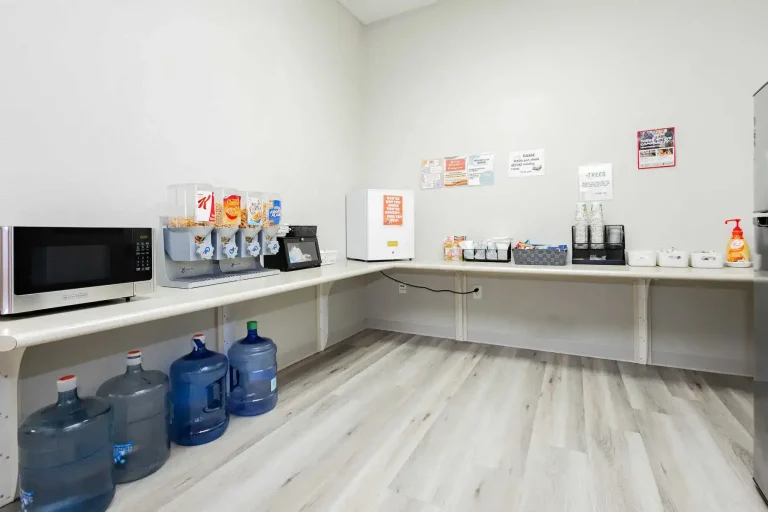
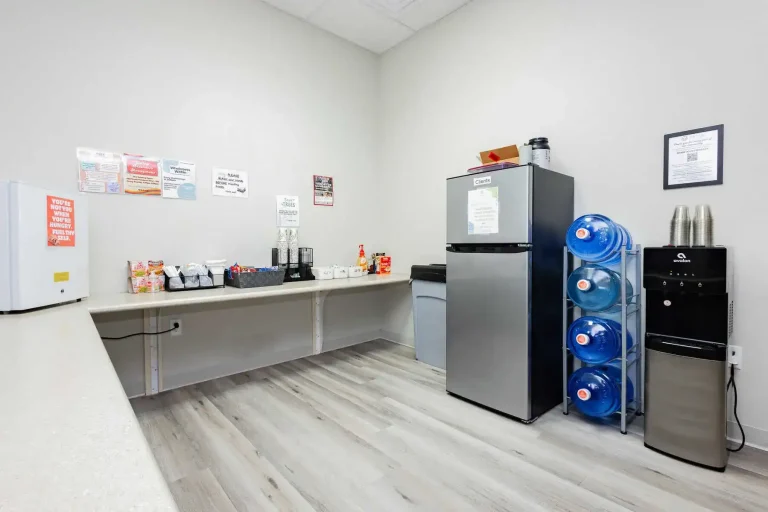







Take a virtual tour of our Montessouri location in Las Vegas, conveniently located near Sahara and Rainbow. This outpatient clinic is designed to provide a supportive and professional environment for individuals participating in our Partial Hospitalization (PHP) and Intensive Outpatient Programs (IOP). Explore our thoughtfully arranged group therapy rooms where connection and healing happen daily, along with private therapy spaces dedicated to individualized care. While clients return home after each session, our facility ensures every moment spent here promotes growth, comfort, and recovery. Begin your journey with a glimpse into the compassionate care that defines Virtue Recovery Center.
Start Your Recovery With Specialized First Responders Treatment
At Virtue Recovery Las Vegas, we understand the unique pressure first responders face—and how trauma, stress, and burnout can lead to both addiction and mental health challenges. That’s why our program offers specialized dual diagnosis treatment designed specifically for individuals who serve on the front lines.
Our experienced clinical team provides compassionate, personalized care that addresses both substance use disorders and co-occurring conditions like PTSD, anxiety, and depression. We don’t just treat the symptoms—we help first responders uncover the why behind their behavior and build healthier ways to cope.
From trauma-informed therapy to evidence-based treatment modalities, our approach is rooted in healing the whole person—physically, emotionally, and mentally. At Virtue, you’re not just another case. You’re a hero who deserves recovery that works.
If you or someone you care about is struggling with addiction and mental health issues, contact us today at 866.520.2861 or complete our brief online form. One of our compassionate intake specialists can help you learn more about our dual diagnosis services.
First Responders Treatment FAQs
Our First Responders Program is a specialized treatment track designed for law enforcement, firefighters, EMS personnel, and other frontline workers dealing with addiction, eating disorders, or mental health concerns. We offer trauma-informed care that understands the unique stressors first responders face.
Anyone working in emergency response roles such as police officers, firefighters, paramedics, EMTs, dispatchers, and corrections officers qualifies for this program.
Yes. Our program is designed to treat substance use disorders, eating disorders, or both. We also offer dual diagnosis treatment for co-occurring mental health issues.
We treat a wide range of addictions, including alcohol, opioids, stimulants, prescription drugs, cannabis, and more.
We provide treatment for anorexia, bulimia, binge eating disorder, and other disordered eating patterns, tailored to the needs of first responders.
This program is tailored specifically for first responders, with therapy that addresses job-related trauma, burnout, PTSD, and the stigma of seeking help in a high-stakes profession.
Yes. Trauma-informed care is at the heart of our program, especially for clients suffering from PTSD or cumulative stress.
Yes. We provide a safe, affirming, and inclusive environment for clients of all gender identities and sexual orientations.
Yes. Our staff can provide the necessary documentation for your employer to support your leave of absence for treatment.
Private rooms, chef-prepared meals, fitness and yoga spaces, mindfulness activities, and wellness-focused amenities.
Yes, we work with most major PPO insurance providers. Our admissions team can verify your benefits confidentially.
First Responders Treatment Glossary
Trauma-Informed Care
An approach to treatment that recognizes and responds to the effects of trauma. It emphasizes safety, trust, and empowerment, particularly important for first responders who are frequently exposed to high-stress and traumatic events.
Dual Diagnosis
A clinical term used when a person experiences both a substance use disorder and a co-occurring mental health condition, such as PTSD or depression. Dual diagnosis treatment addresses both issues simultaneously for better outcomes.
PTSD (Post-Traumatic Stress Disorder)
A mental health condition triggered by experiencing or witnessing a traumatic event. Common among first responders, PTSD can cause flashbacks, anxiety, and difficulty sleeping.
Burnout
A state of emotional, mental, and often physical exhaustion caused by prolonged stress, particularly in high-intensity jobs like emergency services. Burnout can lead to decreased job performance and increased risk of substance use.
Substance Use Disorder (SUD)
A medical condition where the recurrent use of alcohol or drugs causes significant impairment or distress. SUD is treatable and commonly seen among individuals in high-pressure careers such as first responders.
Detoxification (Detox)
The medical process of safely managing withdrawal symptoms as the body clears itself of drugs or alcohol. Detox is often the first step in treatment and should be conducted under professional supervision.
EMDR (Eye Movement Desensitization and Reprocessing)
A specialized therapy technique that helps individuals process and recover from traumatic experiences. It’s often used in treating PTSD and is highly beneficial for first responders.
Group Therapy
A form of psychotherapy where individuals with similar struggles share their experiences and support each other in a guided therapeutic setting. Group therapy helps build community and reduce feelings of isolation.
Cognitive Behavioral Therapy (CBT)
A type of therapy that helps clients recognize and change negative thinking patterns and behaviors. It’s a common and effective treatment for both addiction and mental health conditions.
Peer Support
Support provided by individuals who have experienced similar challenges. In first responder treatment, peer support often comes from others in emergency services who understand the unique stressors of the job.
Critical Incident
A traumatic event that has a significant impact on a first responder, such as a mass casualty, line-of-duty death, or violent crime. These incidents can contribute to emotional distress and the need for treatment.
Compassion Fatigue
A condition common among caregivers and first responders, marked by emotional exhaustion and a reduced ability to empathize. It’s a key risk factor for developing mental health or substance use disorders.
IOP (Intensive Outpatient Program)
A structured treatment program that allows clients to live at home while attending several hours of therapy each week. IOP is ideal for those stepping down from inpatient care or needing flexible support.
PHP (Partial Hospitalization Program)
A more intensive outpatient program that involves full-day therapy sessions without overnight stays. PHP bridges the gap between inpatient care and standard outpatient therapy.
Confidentiality
The legal and ethical duty to protect client privacy. At Virtue Recovery, confidentiality is a top priority, especially for first responders concerned about professional repercussions.





